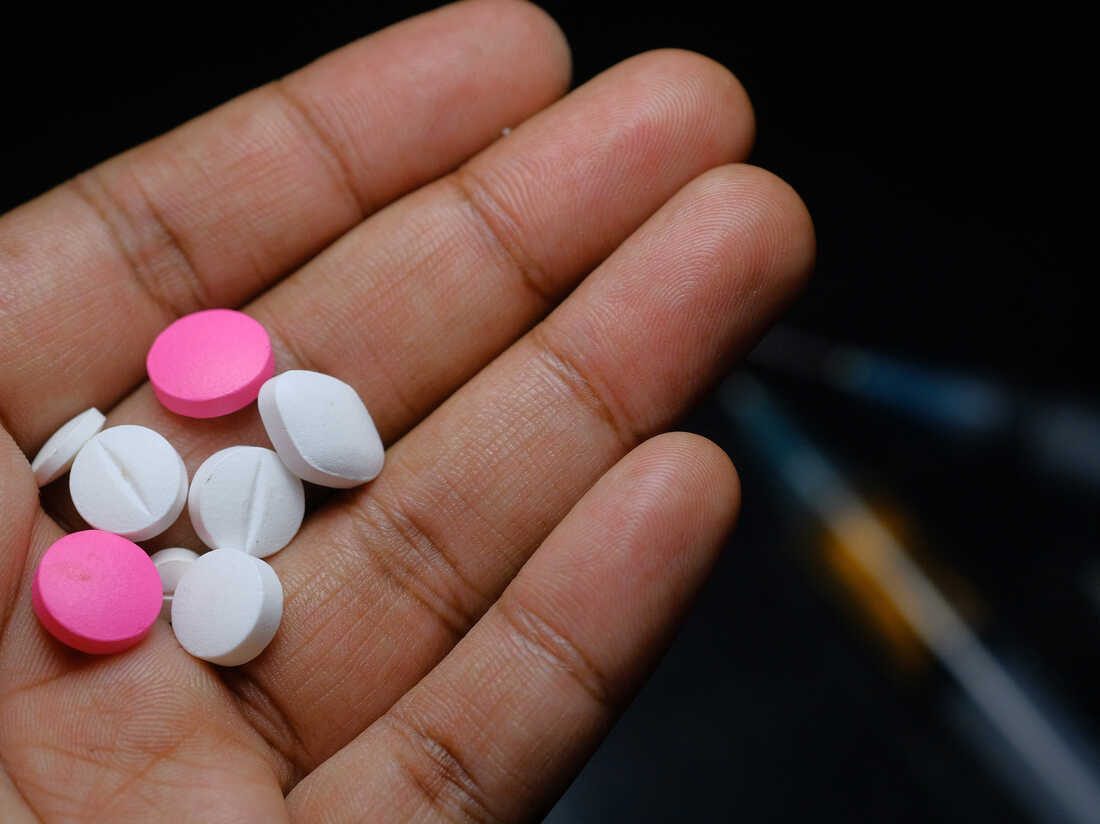Can you overdose on Devil’s Claw?
Understanding Devil’s Claw: Can You Overdose? Unraveling the Myth
Devil’s Claw, scientifically known as Harpagophytum procumbens, is a medicinal herb that has been used for centuries in traditional African medicine to treat various ailments. With its anti-inflammatory and analgesic properties, Devil’s Claw has gained popularity as a natural alternative for managing conditions such as arthritis, back pain, and digestive disorders. However, it’s important to understand the potential risks associated with any substance, including natural remedies like Devil’s Claw. In this article, we will explore whether an overdose on Devil’s Claw is possible and provide guidelines for safe usage.
Understanding Devil’s Claw:
Devil’s Claw derives its name from the claw-like appearance of its fruit, which contains active compounds known as iridoid glycosides. These compounds are responsible for the herb’s therapeutic effects. Devil’s Claw is available in various forms, including capsules, tablets, powders, and liquid extracts. It is typically consumed orally as a dietary supplement or herbal tea.
Devil’s Claw
Safety Considerations:
Recommended Dosage:
To avoid potential adverse effects, it is crucial to follow the recommended dosage instructions provided by the manufacturer or healthcare professional. Dosages may vary depending on the specific product, concentration, and individual factors such as age, weight, and overall health. It’s advisable to start with the lowest effective dose and gradually increase if needed.
Potential Side Effects:
While Devil’s Claw is generally well-tolerated, some individuals may experience mild side effects, including digestive discomfort, headache, and allergic reactions. If these symptoms persist or worsen, it is important to seek medical attention. People with pre-existing medical conditions or those taking medications should consult a healthcare provider before using Devil’s Claw to avoid potential interactions or complications.
Allergic Reactions:
Individuals with known allergies to plants in the Pedaliaceae family, such as sesame or kiwi, may be at an increased risk of developing an allergic reaction to Devil’s Claw. It’s essential to discontinue use and seek medical help if any signs of an allergic response, such as rash, itching, swelling, or difficulty breathing, occur.
Can You Overdose on Devil’s Claw?
As with any substance, including natural remedies, there is a potential for adverse effects if Devil’s Claw is taken in excessive amounts. However, cases of overdose on Devil’s Claw are rare and have not been extensively documented. The herb has a low toxicity profile, and the body typically eliminates it efficiently.
Nevertheless, exceeding the recommended dosage can lead to gastrointestinal upset, including nausea, diarrhea, and stomach cramps. In rare cases, high doses may cause liver toxicity. Therefore, it is crucial to adhere to the suggested guidelines and not exceed the recommended limits.
Exploring the Safety of Devil’s Claw Consumption
Are you intrigued by the potential benefits of Devil’s Claw but concerned about its safety? Let’s delve into the facts. Devil’s Claw, scientifically known as Harpagophytum procumbens, has been used for centuries to alleviate various ailments, including arthritis, inflammation, and digestive issues. However, like any natural remedy, questions arise about its safety and the risk of overdose.
The Dosage Dilemma: Finding the Right Balance
Finding the optimal dosage of Devil’s Claw is essential to avoid adverse effects. While studies suggest that moderate consumption is generally safe, exceeding recommended doses may lead to gastrointestinal discomfort or allergic reactions. Thus, it’s crucial to adhere to dosage guidelines provided by healthcare professionals or reputable sources.
Understanding the Risks: Myth vs. Reality
Despite its medicinal properties, Devil’s Claw is not exempt from potential risks. Overconsumption can potentially lead to adverse effects, including diarrhea, nausea, and abdominal discomfort. However, instances of severe toxicity or overdose are rare and typically occur with excessive intake or prolonged use beyond recommended limits.
Safety Precautions and Considerations
To mitigate the risk of adverse effects, it’s advisable to:
Consult with a healthcare provider before incorporating Devil’s Claw into your regimen, especially if you have pre-existing medical conditions or are taking medications.
Adhere to recommended dosage instructions provided by reputable sources or healthcare professionals.
Monitor your body’s response to Devil’s Claw and discontinue use if any adverse effects occur.
Avoid combining Devil’s Claw with other medications or supplements without professional guidance to prevent potential interactions.
Conclusion:
Devil’s Claw can be a beneficial herbal remedy for managing various health conditions. However, it is essential to use it responsibly and follow the recommended dosage guidelines. As with any dietary supplement or medication, it is advisable to consult a healthcare professional before incorporating Devil’s Claw into your routine, especially if you have pre-existing medical conditions or are taking other medications. By doing so, you can ensure your safety and minimize the risk of potential side effects.
While Devil’s Claw offers promising health benefits, responsible consumption is key to avoiding the risk of overdose or adverse effects. By understanding its dosage recommendations, potential risks, and safety precautions, you can harness its therapeutic properties effectively while minimizing any associated dangers.
- Devil’s Claw overdose
- Potential Risks of Devil’s Claw
- Safety guidelines for Devil’s Claw usage
- Dosage instructions for Devil’s Claw
- Side Effects of Devil’s Claw
- Devil’s Claw allergies
- Adverse Effects of Devil’s Claw
- Devil’s Claw liver toxicity
- Devil’s Claw overdose risk
- Devil’s Claw safety precautions
- Devil’s Claw dosage guidelines
- Devil’s Claw’s adverse effects
- Devil’s Claw consumption safety
- Devil’s Claw health risks
[Sassy_Social_Share]





